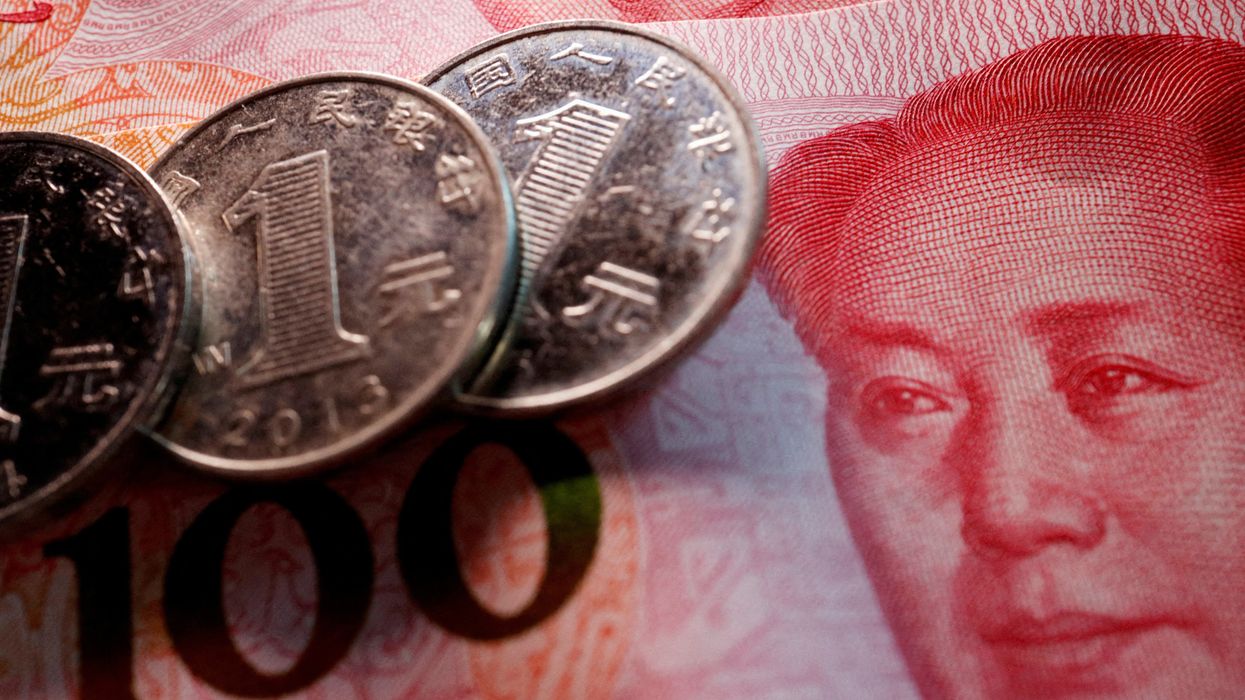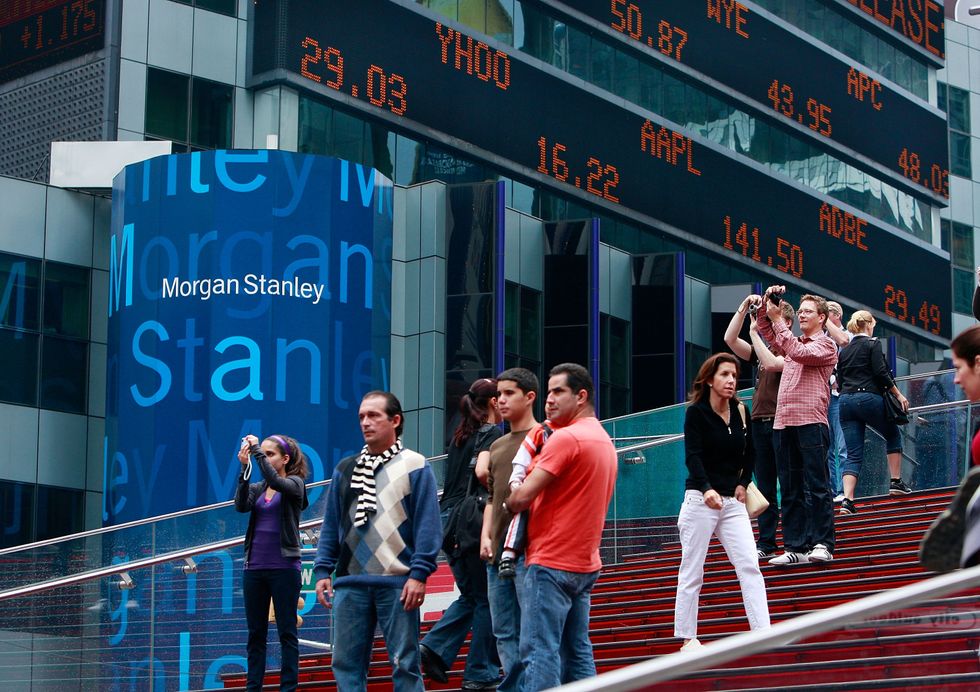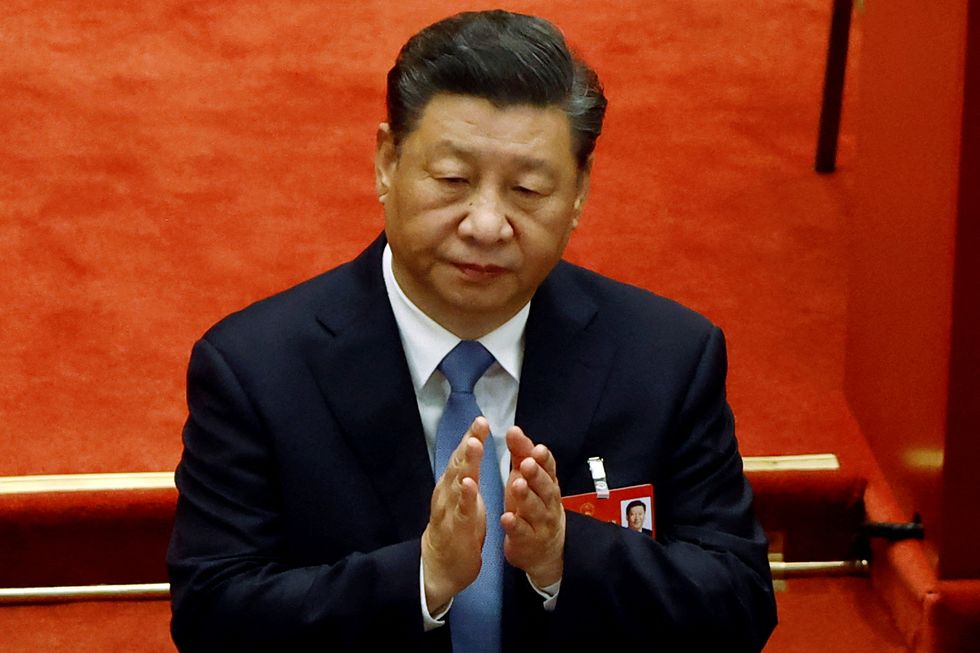China's economy risks 'vicious loop' of spiralling decline - warning issued

China's share of the global economy is declining | Reuters

It has been suggested that policymakers should lift China's aggregate demand
Don't Miss
Most Read
Beijing has been issued with yet another financial warning as China’s economy risks a “vicious loop” of spiralling decline.
China’s economy was given another reason for concern today after Morgan Stanley’s chief Asia economist suggested deflation could wreak fiscal havoc.
China’s gross domestic product deflator stands at -1.4 per cent and has contracted for two consecutive quarters.
The situation means China’s GDP growth was just 3.5 per cent in the third quarter.
WATCH NOW: Gordon Chang discusses the Chinese economy
In comparison, the United States' GDP growth stood at 6.4 per cent over the same period.
Writing for The Financial Times, Chetan Ahya said: “A deflationary backdrop poses a few challenges.
“First, real rates after taking into account deflation will rise, increasing the burden on debtors. Second, even as debt growth slows, it will probably remain higher than nominal GDP growth.
“And so debt-to-GDP ratios will continue to climb. More crucially, a weaker GDP deflator negatively affects the trends in corporate revenues and profits.
LATEST DEVELOPMENTS:
Tourists take photos in front of Morgan Stanley headquarters
|GETTY
“If deflation continues to eat into these, companies will cut wage growth, creating a vicious ‘loop' of even weaker aggregate demand and deflationary pressures.”
He added: “The deflationary pressures in China stem from the deleveraging of the balance sheets of the property sector and local governments.
“When you consider that the combined debt on these balance sheets accounts for about 100 per cent of GDP, it is hardly a surprise that demand and price pressures are as weak as they have been.”
Ahya suggested policymakers should lift China’s aggregate demand.
Current moves to ease both monetary and fiscal policies are not exepcted to do much beyond provide a gradual improvement in the GDP inflator.
 President of the People's Republic of China Xi Jinping | Reuters
President of the People's Republic of China Xi Jinping | ReutersHe claimed: “The measures will not be adequate to lift the deflator to the two to three per cent range in the next two years that we think would be conducive for healthy growth in corporate revenues and profits.”
Ahya argued China’s current policy has been enforced in response to the situation and remains somewhat hesitant.
He also pointed out how concerns about debt were behind such hesitancy.
The economic expert suggested Beijing should look to encourage greater consumption, including through social welfare spending.
A strong boost to Beijing’s global trade cycle could also contribute to a bounceback.










